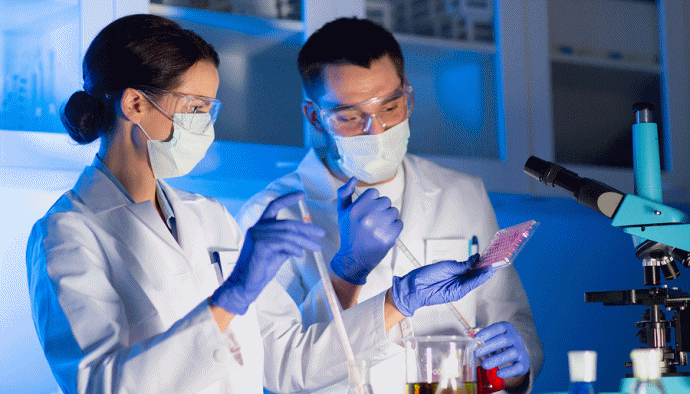New Zealand’s Cannabis Party has criticised the country’s use of synthetic cannabinoids in recently announced medical trials.
A few days ago, we reported on a clinical trial of a gel containing synthetic cannabidiol (CBD), which is being tested on epilepsy patients.
This has risen the ire of the Party, which states NZ’s Law Commission called for natural cannabis to undergo trials.
“Instead, the Ministry of Health has given the green light to a trial investigating the effects of synthetic cannabinoid gel ZYN002,” said Mt Roskill by-election candidate Brandon Stronge.
Mr. Stronge believes synthetic cannabinoids are no substitute for real medical cannabis. Unfortunately, he didn’t offer any evidence of this in his statement, aside from a very brief description of a personal experience.
So, is using a strain of cannabis high in cannabidiol actually better than synthetic CBD or even a purified product?
There is some scientific evidence to suggest “whole plant” therapy may well be.
A study by Israeli researchers last year indicated whole plant CBD-rich cannabis was better for treating inflammatory conditions than a highly refined product.
Extracts derived from the CBD-rich Cannabis Sativa L, clone 202 – which contains little in the way of the psychoactive compound THC – were compared with purified cannabidiol in a trial on mice.
“In stark contrast to purified CBD, the clone 202 extract, when given either intraperitoneally or orally, provided a clear correlation between the anti-inflammatory and anti-nociceptive responses and the dose, with increasing responses upon increasing doses, which makes this plant medicine ideal for clinical uses.”
The researchers believe other components in the clone 202 extract “synergize” with CBD to give it an optimal effect; something that supporters of whole-plant therapies have claimed for years.
This synergy of hundreds of cannabinoids and terpenoid compounds is often referred to as the “entourage effect”. The entourage effect was first described by Shimon Ben-Shabat and Raphael Mechoulam in a 1998 paper.
You can also read more about this in a 2010 paper by neurologist Ethan Russo, M.D titled “Taming THC: potential cannabis synergy and phytocannabinoid-terpenoid entourage effects”.


